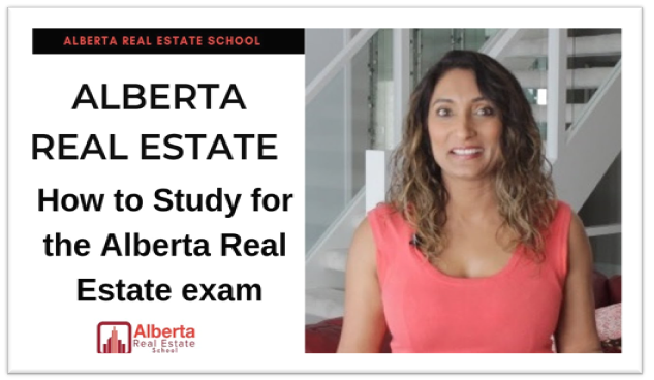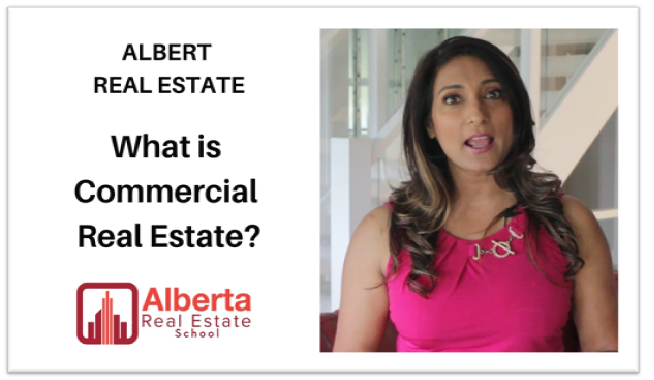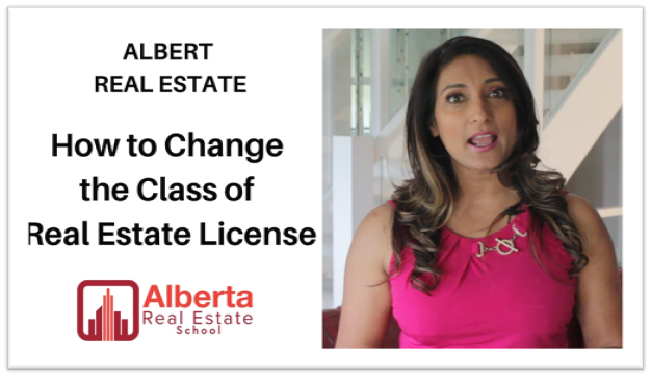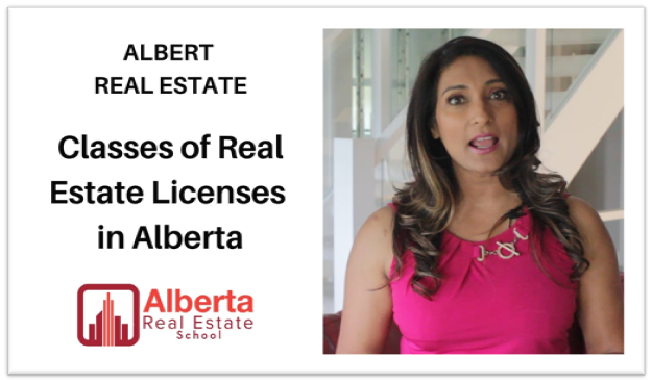The most common question we get asked is – How much do you need to memorize for the Alberta Real Estate Exam? Is Alberta Real Estate Exam hard to pass? What are the key areas of focus from the Study Guide Manuals that we get? How much should we exactly study to pass the RECA Exam?
All your questions can be answered in a simple way. First, let us understand what the exam is about and what are the different things we need to keep in mind when attempting the exam.
ALBERTA REAL ESTATE EXAM FORMAT
- Typically, RECA has Online Exam Formats. It doesn’t matter which exam you’re writing. Whether it’s Residential, Fundamentals, Commercial, or Rural, all of them are computer-based exams.
- You have anywhere from 90 to 140 exam questions that you will get. So, if you are writing a commercial exam, for example, you will have 90 questions on the exam. If you are writing fundamentals, you will have 140 questions. For residential, you will have 100 questions.
- You need 70% to pass each exam. You will have three hours to complete the exam so there is plenty of time.
- Another thing to keep in mind is that all questions will be multiple-choice questions and this is really key because when we have multiple-choice questions, we have different options. So, in this case, we don’t really need to memorize a ton of stuff because they will have given us the answers right in front of us.
- Now, what we need to do is we need to know what the correct answer is, so we need to understand the concepts. So, there is less memorization required but we have to be able to understand the concepts and draw conclusions from that. That’s very important to keep in mind.
Types of Questions You can Expect in RECA Exams
Definition-based Questions
They will give you a term and they will ask you to define the term, or they will give you the definition of the term and they will ask you to pick the correct option where you must tell them what term it is. So, whether they give you a statement and then say pick the right option for what term it is, or they give you the term and they ask you for the definition of the term, it’s all the same.
Preparation Techniques for Definition-based Questions
- There is a glossary in the back of your book. This is the part where you do sort of need to memorize some stuff. It does not matter what exam you’re writing, whether it’s commercial, residential, fundamental, they all have a glossary at the back of the book. You want to make sure you go through the glossary, and you understand the terms in the glossary.
- The unit activities are good at helping you understand the terms and learn the definitions, especially the activities where you have filled in the blank type of activities. So those terms will be in your book, so make sure you go through the unit activities and the unit activities are where you will find most of your definition.
Scenario-based Questions
Another type of questions that you will come across in the exam will be situational questions. These are also called scenario-based questions.
Here, they will give you a scenario that will relate to who, what, where, when, why. So they describe a scenario and then based on the scenario, they will ask you to answer the question.
The best way to answer these questions is to get to the heart of the issue. So you want to unpeel that onion and really understand what exactly are they asking you. And based on that, answer the question.
Preparation Techniques for Scenario-based Questions
Understand the Concepts
So, more so than memorizing stuff, you really want to understand the concepts.
For example, what is the Dower Act. You want to understand that Dower Act states that two people need to be married for the Dower Act to apply, and they cannot be in a common-law relationship. They must be legally married and should be living in the same house either at the time of the marriage or after the marriage. They must only have one person who is on the title of the property, not on the mortgage, title of the property. So, these are some of the scenarios where the Dower Act will apply.
Go through all the Examples
In your book, there are many different examples that have been provided in the boxes. So, you will see boxes, there is a border around these examples so they stand out in your book. These are the examples that most people don’t read through because they’re just trying to get through the book.
However, when it comes to preparing for scenario type questions, it is best to go through the examples because a lot of times they will take these examples and give you similar questions to the examples.
Go through all the Quizzes
In the quizzes, you will have more scenario questions as well whereas the activities tend to be more geared towards definition type of questions, but the quizzes will have both type of questions, scenario-based questions as well as definition questions. So, make sure you go through all the quizzes at the end of your unit as well.
Not only that, but the unit quizzes also actually prepare you to understand the concept. When you go to the exam, some of these questions will be different, they will be more scenario-based than they are even in the quizzes, but the quizzes are important because they help you understand the concept and once you understand the concept you will be able to answer those scenario questions on the exam.
Why Alberta Real Estate School?
All of these are just strategic goals that you can follow to achieve a sense of perfection in your preparation. The real test comes in when you try to give your best but that is not enough. That is when some genuine help from experts serve the purpose. Raman Gakhal, our Instructor at Alberta Real Estate School is best at giving personal tutoring on Real Estate topics. We can offer niche and specific advice on the important topics that you can expect in the exam.
Alberta Real Estate School does make a Difference!

We offer condensed and filtered Notes with Personalized Tutoring and QnA Sessions with Mock Exams and Solutions discussed with logical explanation. Our Study Guides for Residential, Commercial, and Fundamentals of Real Estate is all you need to pass your RECA Exams in the first attempt!
If you wish to get focused notes with break-down of sample questions and other study materials to prepare for the Alberta Real Estate Exam, call us directly at 587.936.7779.
You can listen to this blog on the Podcast Channel below.
Stay in touch for more updates. Happy Studying!





